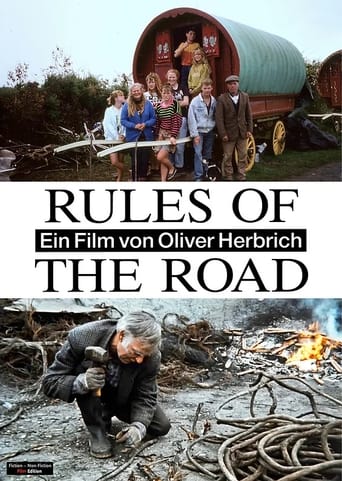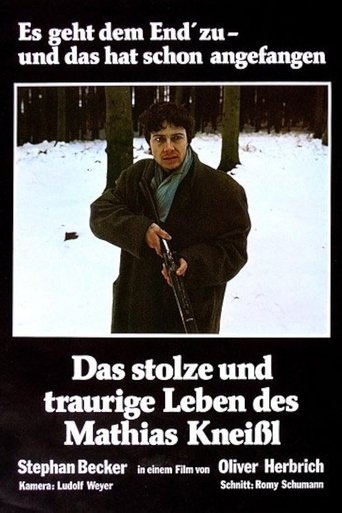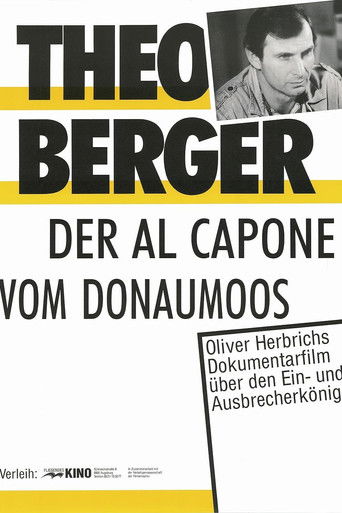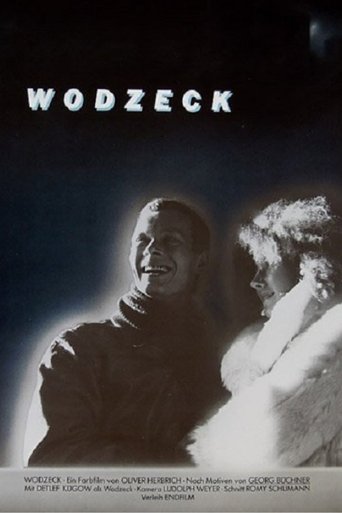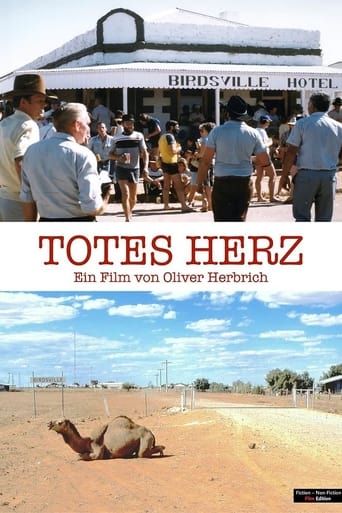Die Welt jenseits der Welt
Jun 01, 1986'Thinking machines' and 'people thinking as machines' (super-computerprogrammers who have internalized computerese) are perhaps two of a kind. But clashes with the 'real world' are preprogrammed for these machines of flesh and blood. The film traces humankind's striving to discover itself again in its mechanical creations, from the effort to construct automatons in Switzerland some 200 years ago, to a pinnacle display of the 1980ies achievements: a robot playing Haydn's 'Genesis' at the World Expo in Japan.
Documentary

